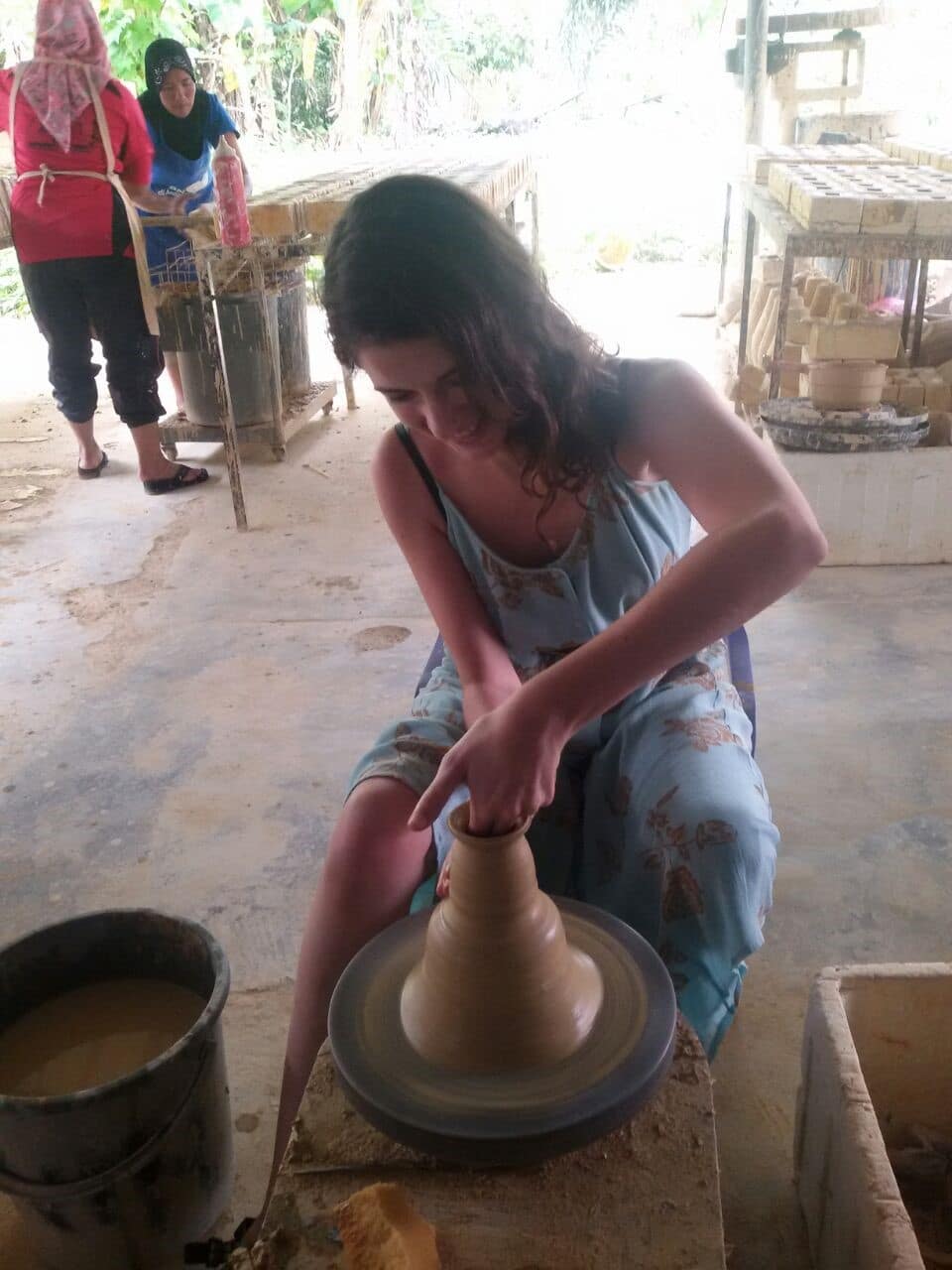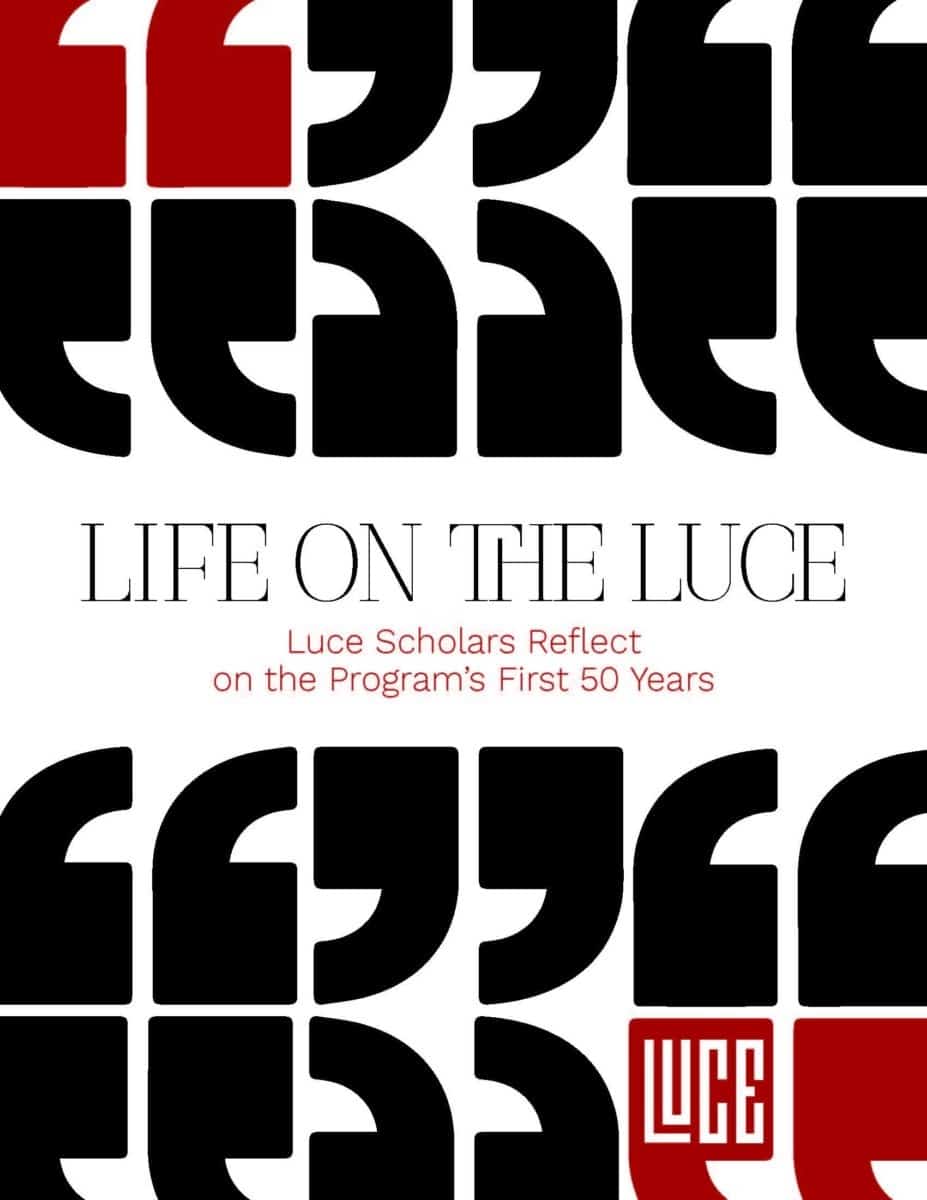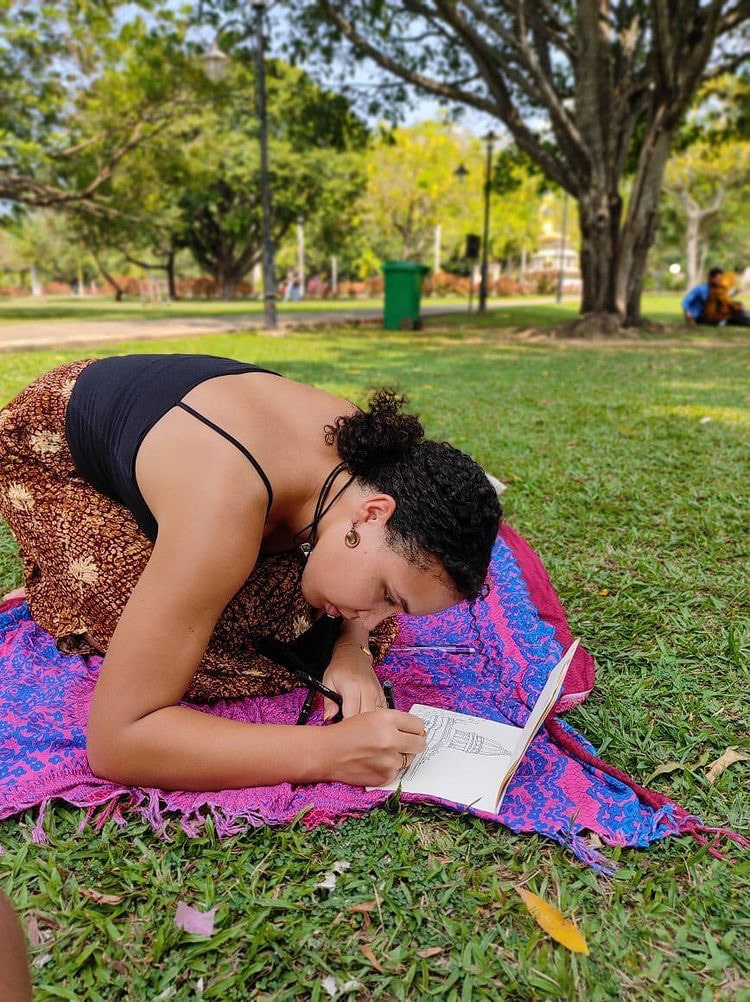One of the most common words in Bahasa Melayu is boleh, which means “can.” Whether ordering snacks at mamak shops or responding to my supervisor at work, I find myself saying “can” a lot and hoping for the best. It’s one of those phrases that’s both used in English and Bahasa Melayu— either language can work. And I’ve started to use this word more and more as I feel increasingly comfortable doing a lot of things I’ve never done before. I’ve been attending a pottery class and can now make pieces without constant assistance from the guiding hands of my teacher. After working at the United Nations High Commissioner for Refugees in Malaysia (UNHCR) for the past four months, I am able to speak with refugees about their concerns in a mixture of Bahasa Melayu, English, and hand gestures. I also feel confident navigating Kuala Lumpur using a combination of public transportation and Uber and Grab (Southeast Asia’s popular transportation app).
One of the best parts about getting around Kuala Lumpur is getting to know Uber and Grab drivers. They have become my conversation partners as I pick up more Bahasa Melayu and have given me different perspectives on living in this sprawling city. It’s really the best situation in which to practice speaking: there’s no pressure to be grammatically correct and only a short amount of time to talk about whatever is on my mind. Yesterday, an Uber driver picked me up at the UNHCR and asked if I worked there. I said yes, and he said, “Ahhh. You’re dealing with humans every day.” He told me that he started driving for Uber in his spare time because he loves interacting with people and hearing about their lives, struggles, and where they’re going next.
I liked the way his phrase sounded. The driver and I agreed that dealing with humans is incredibly rewarding but can be difficult at times. The majority of my days at the UNHCR are filled with protection casework. Being a refugee or asylum-seeker in Malaysia is tough, and even tougher for those who are not yet registered with the UNHCR. From police extortion cases to divorce disputes, I interview lots of people seeking assistance. A typical day starts with “staging,” where I talk with any “person of concern” who approaches the UNHCR’s Protection Unit. After lunch, it’s on to longer interviews and compiling reports. The amount of daily human interaction I get is great—I’ve learned so much more than I would have had I been sitting behind a desk all day. In some ways, the words of the Uber driver sounded similar to the work I’ve been doing for the past few months: listening to refugees and asylum-seekers in Malaysia and tending to their protection needs, even though in some cases, all we can do is lend an attentive ear.
While work is challenging, my colleagues and friends from outside of work form a strong support community. They have invited me into their homes, woken up early to go on weekend hikes, and found cool bands to check out around the city. I’ve attended numerous weddings where I’m one of up to a thousand guests—Malaysia does celebrations just like it does malls: BIG. And if there’s a celebration, that means there’s copious amounts of delicious Malaysian food. People here love to feed others, and when I’m given a new dish to try, I’ve learned that the best answer is always “boleh.”


